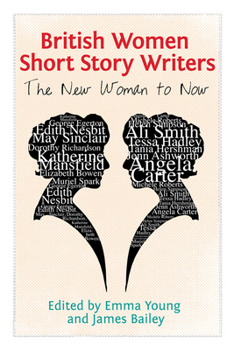British Women Short Story Writers: The New Woman to Now
Select Format
Select Condition 
Book Overview
Essays tracing the evolving relationship between British women writers and the short story genre from the late Nineteenth Century to the present day.
What is the relationship between the British woman writer and the short story? This collection examines what this versatile genre offers women writers, and what this can tell us about the society and culture they inhabit. From the rise of the modern printing press at the end of the Nineteenth Century through to the present digital age, these essays examine how the short story has been deployed and reworked by women writers and how they have influenced and shaped the genre's development. Considering the effect of literary inheritances, societal and cultural change, and shifting publishing demands, this collection traces the evolution of the genre through to its continued appeal to women writing today. From the New Woman to contemporary feminisms, women's anthologies to microfiction, modernist writers to the contemporary works of Sarah Hall and Helen Simpson, the chapters in this collection investigate a crucial yet under-examined field of British literature.
Key Features and Benefits
12 chapters discussing a range of gender and genre issues since the fin-de-si cle to the present day.
Sets out a clear trajectory to map both the historical and literary connections and divergences between British women short story writers.
Offers a comprehensive account of the genre's development to provide scholars with a unique insight into a largely neglected aspect of women's writing.
Includes new readings of canonical authors alongside more recent theoretical approaches, innovations and lesser-discussed writers.





